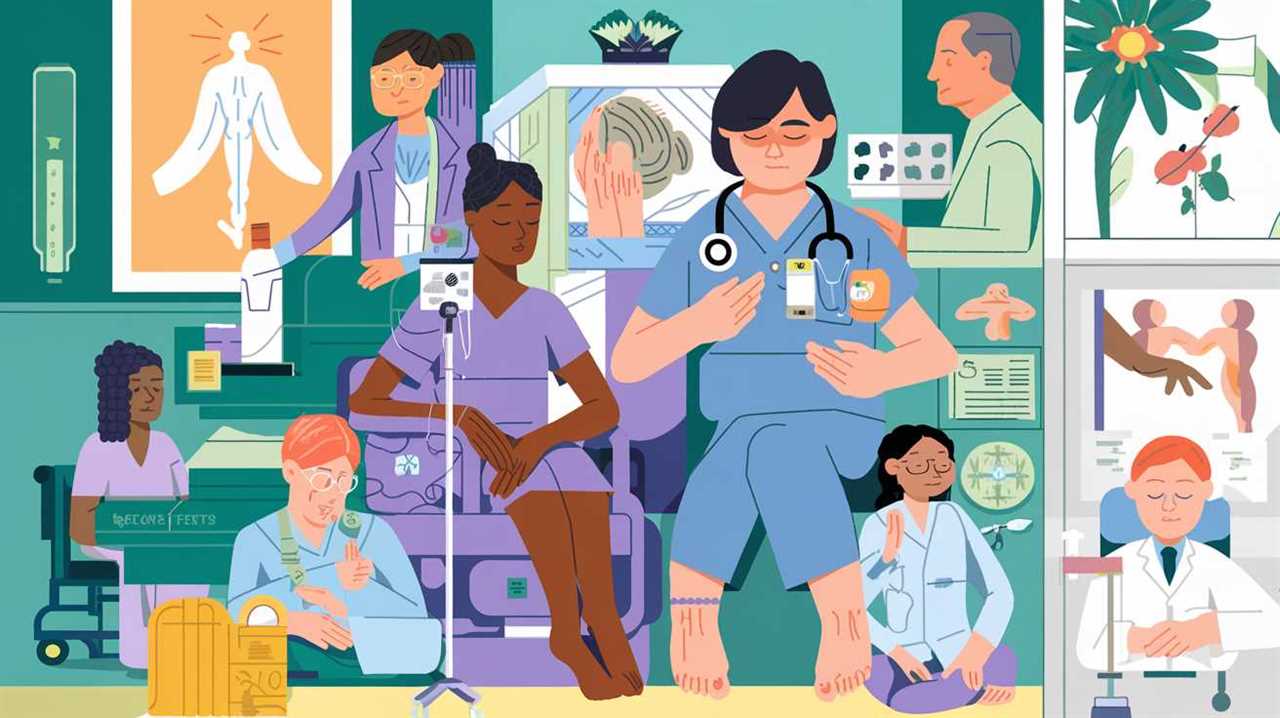
Reiki, Foot Massages, and Acupuncture: The Unproven Treatments Costing the NHS a Fortune
New figures have revealed that NHS hospitals spent a staggering £269,000 on alternative therapies such as reiki, foot massages, and acupuncture last year, despite a lack of concrete evidence to support their effectiveness.
Data obtained from 20 NHS trusts shows that over 3,000 patients received these treatments, which are often referred to as "quack" therapies due to their unproven nature. If this figure is extrapolated across all 120-plus NHS trusts, the true cost could be in excess of £1.5 million.
The NHS's Stance on Alternative Therapies: A Contradiction?
The NHS has stated that it will not pay for alternative treatments in most cases, citing a lack of robust clinical evidence to support their use. However, this stance appears to be at odds with the fact that many trusts are still funding these treatments.
Dr. Edzard Ernst, an expert in alternative medicine, has expressed concerns about the NHS's approach, stating that "the NHS often uses complementary medicine rarely based on good evidence but on lobbying of proponents of quackery."
A Waste of Resources?
The Taxpayers' Alliance, which conducted the analysis, has criticized the NHS for diverting precious resources towards unproven treatments. With long waiting lists and increasing pressure on the healthcare system, many argue that the NHS should be focusing on evidence-based treatments rather than unproven alternatives.
The Government has also warned the NHS to tighten its belt, highlighting the need for greater efficiency and cost-effectiveness in the healthcare system.
The Most Expensive Offenders
Hull University Teaching Hospitals was found to have spent the most on alternative therapies, with a total of £170,000. This raises questions about the decision-making processes behind funding these treatments and whether they are truly providing value for money.
A Response from the NHS
The NHS has defended its decision to fund alternative therapies, stating that treatments are based "on robust clinical evidence" and are value for money. However, this claim is disputed by many experts, who argue that the evidence base for these treatments is often weak or non-existent.
As the NHS continues to face pressure to deliver high-quality care within tight budget constraints, the debate over alternative therapies is likely to continue. One thing is certain, however: the NHS must prioritize evidence-based treatments and ensure that resources are allocated effectively to meet the needs of patients.






